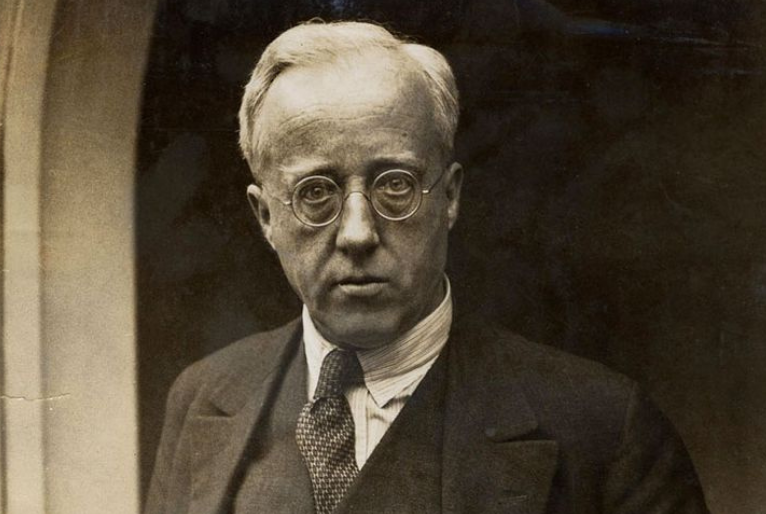Gustav Holst, the renowned British composer, left an indelible mark on the world of classical music with his distinct style and profound compositions. His works are celebrated for their innovative orchestration, vivid imagery, and emotional depth, earning him a revered place among the great composers of the 20th century. From his monumental suite The Planets to lesser-known gems, here are five of Holst’s best compositions that every classical music enthusiast should experience.
1. The Planets, Op. 32
Holst’s The Planets is arguably his most famous and influential work. Composed between 1914 and 1917, this seven-movement orchestral suite is based on the astrological characters of the planets in our solar system (excluding Earth and the then-undiscovered Pluto). Each movement represents a different planet and its corresponding mythological personality, creating a vivid musical journey:
- Mars, the Bringer of War – an intense, militaristic march that embodies the chaos of war.
- Venus, the Bringer of Peace – a tranquil and lush movement, symbolizing serenity and harmony.
- Mercury, the Winged Messenger – a light, fast-paced movement reflecting agility and wit.
- Jupiter, the Bringer of Jollity – an uplifting, majestic piece with a central melody now associated with British patriotism.
- Saturn, the Bringer of Old Age – a haunting and somber meditation on time and aging.
- Uranus, the Magician – a mischievous and whimsical portrayal of magic and mystery.
- Neptune, the Mystic – a quiet, ethereal movement featuring a wordless female choir, fading into silence.
The Planets has influenced countless composers, filmmakers, and musicians, and remains one of the most iconic works in classical music.
2. St. Paul’s Suite, Op. 29, No. 2
Named after St. Paul’s Girls’ School in London, where Holst was the music director, the St. Paul’s Suite is a four-movement work for string orchestra. Composed in 1913, it showcases Holst’s skill in blending English folk tunes with classical forms. The suite opens with a lively Jig, followed by a lyrical Ostinato, and then moves into an expressive Intermezzo before concluding with a brilliant Finale based on the English folk tune Dargason. St. Paul’s Suite is a delightful work that exudes a distinctly English character, capturing the charm and warmth of folk-inspired music.
3. First Suite in E-flat for Military Band, Op. 28, No. 1
Holst’s First Suite in E-flat is one of the most significant works in the concert band repertoire. Composed in 1909, it helped establish the modern concert band as a serious ensemble for musical expression. The suite consists of three movements:
- Chaconne – a set of variations on a simple theme that grows in intensity.
- Intermezzo – a light, playful movement.
- March – a bold and spirited finale.
The First Suite in E-flat revolutionized band music and remains a staple for wind ensembles worldwide, cherished for its rich textures and dignified beauty.
4. Second Suite in F for Military Band, Op. 28, No. 2
Following the success of his First Suite, Holst composed the Second Suite in F in 1911, further solidifying his influence on band music. This suite is inspired by English folk songs, making it both lively and evocative. Its movements include:
- March – featuring the folk tunes Morris Dance, Swansea Town, and Claudy Banks.
- Song Without Words: “I’ll Love My Love” – a deeply emotional melody.
- Song of the Blacksmith – with rhythmic hammering effects and vibrant harmonies.
- Fantasia on the Dargason – a dazzling finale that intertwines Greensleeves with the folk tune Dargason.
The Second Suite is beloved for its folk charm and inventive orchestration, making it a favorite for wind bands around the world.
5. Egdon Heath, Op. 47
Inspired by the fictional Egdon Heath from Thomas Hardy’s novel The Return of the Native, this tone poem is a lesser-known but masterful work by Holst. Composed in 1927, Egdon Heath is a hauntingly atmospheric piece that paints a bleak yet beautiful landscape. Holst considered it his finest work, and the music’s subtle dissonances, dark textures, and sparse orchestration capture the rugged solitude of the heath. Though not as widely performed as The Planets, Egdon Heath is admired for its introspective mood and emotional depth, showcasing Holst’s versatility as a composer.
Discovering Gustav Holst’s Genius
Gustav Holst’s compositions reflect his fascination with mythology, folk music, and innovative orchestration. His works have left a lasting impact on music, inspiring composers and audiences alike. Whether it’s the grand cosmic visions of The Planets or the folk-infused melodies of his suites, Holst’s music invites listeners on a journey through landscapes both earthly and celestial. Experience these masterpieces and delve into the genius of one of Britain’s greatest composers.


Comments are closed